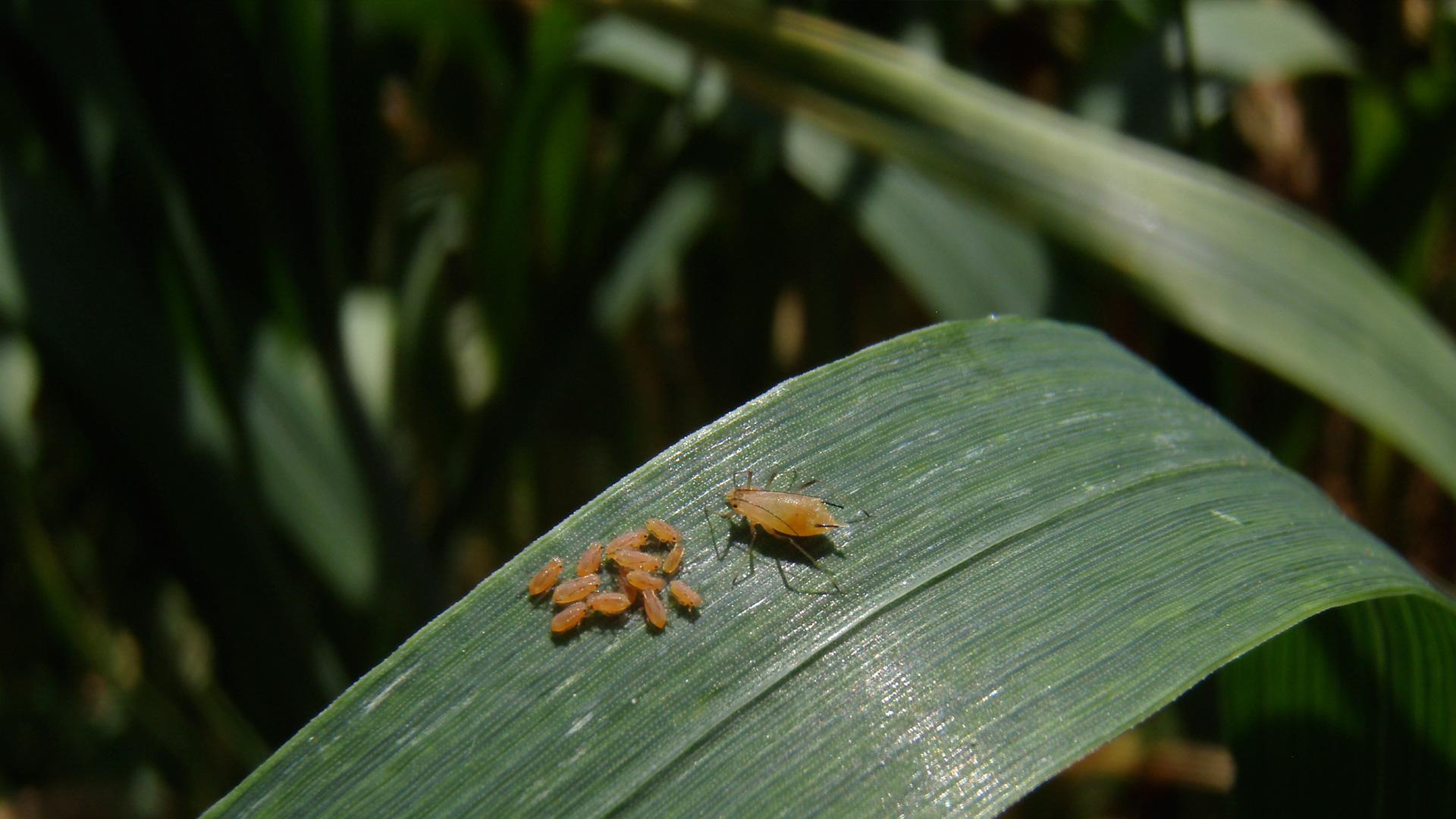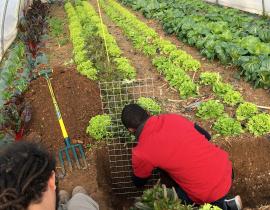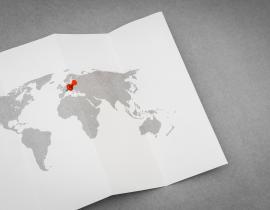Plant health: the major challenge of the future
|
What type of training ? |
une formation diplômante, sous statut étudiant |
|---|---|
|
For who ? |
étudiant titulaire d'un diplôme français, étudiant international, Professional |
|
Where ? |
l'Institut Agro Montpellier
|
Objectives
Plant protection is a rapidly evolving sector. The debates concerning organic farming, GMOs, groundwater pollution, pesticide residues in food, and the agro-ecological transition demonstrate this evolution and the challenges for future agricultural practices. The job market is consequently evolving as well, and is no longer confined to agri-supply businesses. As a scientific field, plant and crop protection are based on the interaction and integration of many diverse disciplines (biology, ecology, agronomy, chemistry, social science, etc.) in order to take into account the full dimensions of plant protection problems.
The Plant Health specialization aims to provide students with solid scientific knowledge, methodologies, and tools needed for:
- analysing crop protection problems within agro-systems and in the landscapes surrounding agro-systems,
- designing innovative, effective and sustainable protection methods,
- predicting their economic, environmental and food safety implications.
Set up by Montpellier SupAgro, AGROCAMPUS-OUEST and AgroParisTech, the training course is structured to provide a multidisciplinary curriculum and to ensure that students can adapt to a diversified job market.
Themes
- plant protection
-
Programme
Number of ECTS credits : 60
Language of instruction : In French
This training is organized jointly by Montpellier SupAgro, AGROCAMPUS-OUEST and AgroParisTech. Students spend 8 weeks in each of the three schools. Theoretical education (30 ECTS) is followed by a 6-month practical internship (30 ECTS).
The training programme is organized in 8 teaching units (EU). Particular emphasis is placed on:
- characteristics and characterization of the biodiversity in agro-systems
- study of interactions between organisms (plants/pests/antagonists)
- population biology (epidemiology, population dynamics and genetics)
- current research methods (detection, identification, quantification, modelling).
The plant protection training course is itself developed through systemic, integrated approaches in a context of changing production systems. Finally, the basics of eco-toxicology and risk management (crop losses, economic/environmental risks, risks for public health) complete the training.
Internships
A 6-month internship (mid-March to mid-September, compulsory) completes the training. It aims to enhance the knowledge and working methods taught during the course and to enable students to acquire knowledge and experience in an area in which they are interested in pursuing a professional career. The internship can take place in diverse organizations in France and abroad, including research and technical institutes and private companies.
-
Calendar
- From 01 Sept. 2021 to 7 March 2022: classes
- September to end of October (8 weeks): training in Montpellier
- Mid-November to third week of December (8 weeks): training in Rennes
- Beginning of January to end of February (8 weeks): training in Paris
- From 07 March 2022: start of the compulsory internship (6 month)
-
Admission
International students holding at least a Bac + 4 level degree (Master 1 degree level) in the same fields (e.g., population biology, crop production, agricultural sciences).
Selection: Candidates are selected based on their applications according to the places available. Registration is made online.
-
Careers
Graduates assume positions in public or private structures such as plant health control firms, industrial and fundamental research and development, agricultural management and services, initial or continuing training, as well as the industrial production sector and marketing of plant protection products and tools.
Graduates apply their skills in the following fields:
- plant protection expertise and outreach,
- making and implementing decisions on a given territorial scale,
- pest control (chemical, biological, agronomical) and the analysis of the consequences of the use of control tools,
- private or public plant protection research.
Director of studies
-

Elena KAZAKOU
Lecturer
- Department of Biology and Ecology
- UMR Centre for Functional and Evolutionary Ecology (CEFE)
- l'Institut Agro Montpellier
Email : elena.kazakou@supagro.fr
Phone : +33 (0)4 99 61 26 47
Phone : +33 (0)4 99 61 26 47
2nd phone : +33 (0)4 67 61 22 52
2nd phone : +33 (0)4 67 61 22 52
Partners
- Agrocampus Ouest (Rennes)
- AgroParisTech
- UMR CBGP, BGPI
Place
L'Institut Agro Montpellier
Campus de La Gaillarde
2 place Pierre Viala
Montpellier
Registration
Key features
- High level training
- Multidisciplinary teaching: technical, scientific, cultural, environmental, industrial and political aspects
- Training provided in 3 specialized campuses (Montpellier, Rennes, Paris)
Fees
- Complete programme (M1 + M2): €10,500 for the two years (M1: €5,500 and M2: €5,000) + €100 Contribution Vie Etudiante et de Campus (CVEC) administrative fee
- Direct admission in the 2nd year (M2): €5,700 + €100Contribution Vie Etudiante et de Campus (CVEC) administrative fee
Contacts
-

Romain BONAFOS
Programme coordinator
- Department of Biology and Ecology
- l'Institut Agro Montpellier
Email : romain.bonafos@supagro.fr
Phone : +33 (0)4 99 61 29 97
Phone : +33 (0)4 99 61 29 97
Fax : +33 (0)4 99 61 24 26
L'Institut Agro Montpellier
2 place Pierre Viala
34060 Montpellier - France
Tél. : +33 (0)4 99 61 22 00 Tél. : +33 (0)4 99 61 22 00
Fax : +33 (0)4 99 61 29 00
contact@supagro.fr















